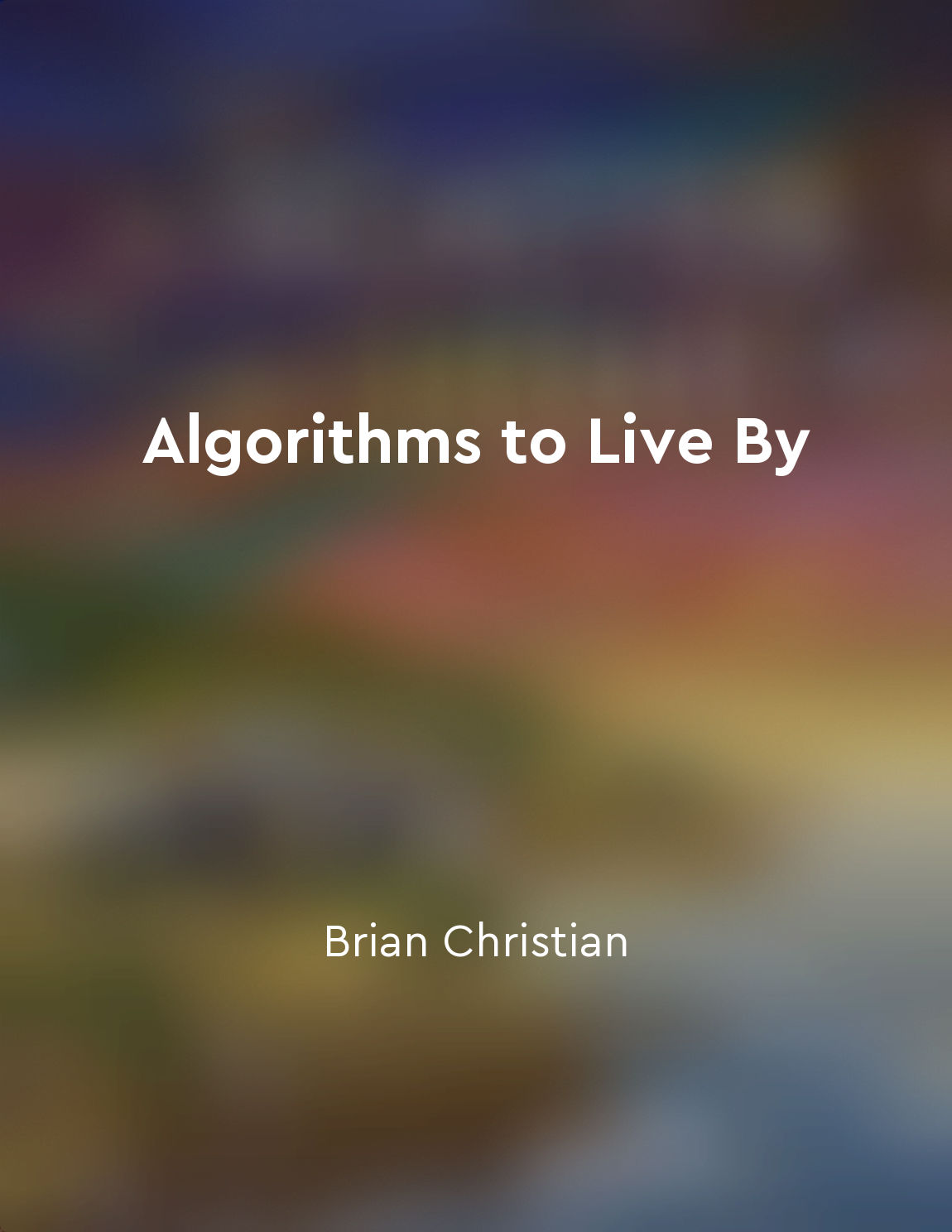The "traveling salesman" problem teaches us how to find the most efficient route from "summary" of Algorithms to Live By by Brian Christian,Tom Griffiths
Imagine you're a salesman trying to visit a set of cities, each once and only once, on a single trip. How do you find the shortest possible route? This is the classic "traveling salesman" problem, a puzzle that has intrigued mathematicians and computer scientists for decades. The challenge lies in figuring out the most efficient way to visit all the cities without backtracking or wasting time. One simple solution might be to calculate the distances between each pair of cities and then choose the shortest path. However, this approach quickly becomes impractical as the number of cities grows. With just a handful of cities, there are already millions of possible routes to consider. It's a daunting task to search through all these options to find the optimal path. This is where algorithms come in. By applying computational methods, we can find efficient solutions to complex problems like the traveling salesman conundrum. One such algorithm is the "nearest neighbor" heuristic, which suggests visiting the nearest city at each step. While this method may not always yield the shortest route, it offers a good approximation in a reasonable amount of time. Another approach is the "simulated annealing" algorithm, which mimics the process of cooling molten metal to form a solid structure. By gradually reducing the temperature (i. e., the likelihood of accepting a suboptimal solution), the algorithm settles on a near-optimal path. This method allows for more flexibility and adaptability in finding the most efficient route. The traveling salesman problem teaches us valuable lessons about optimization and decision-making in our daily lives. Just as the salesman seeks the shortest path to maximize efficiency, we too can apply these principles to streamline our own routines and tasks. By considering different strategies and approaches, we can find the most effective solutions to our problems, whether they involve planning a trip, organizing our workday, or tackling a complex project.Similar Posts

Algorithms can provide us with a framework for making better decisions in a variety of situations
Algorithms offer us a valuable tool for navigating the complexities of decision-making in our daily lives. By breaking down a p...
Abstract data types provide a highlevel view of data structures
Abstract data types (ADTs) present a simplified and high-level perspective of data structures, allowing users to focus on the e...

The "multiarmed bandit" problem teaches us how to balance exploring new options and exploiting the best ones
Imagine standing in front of a row of slot machines in a casino. Each machine has a different payout rate, and you have limited...
Computational geometry algorithms solve geometric problems efficiently
Computational geometry algorithms play a crucial role in efficiently solving a variety of geometric problems. These algorithms ...

The "prisoner's dilemma" teaches us about the importance of cooperation in decisionmaking
The prisoner's dilemma is a classic example in game theory that illustrates the benefits of cooperation in decision-making. In ...
